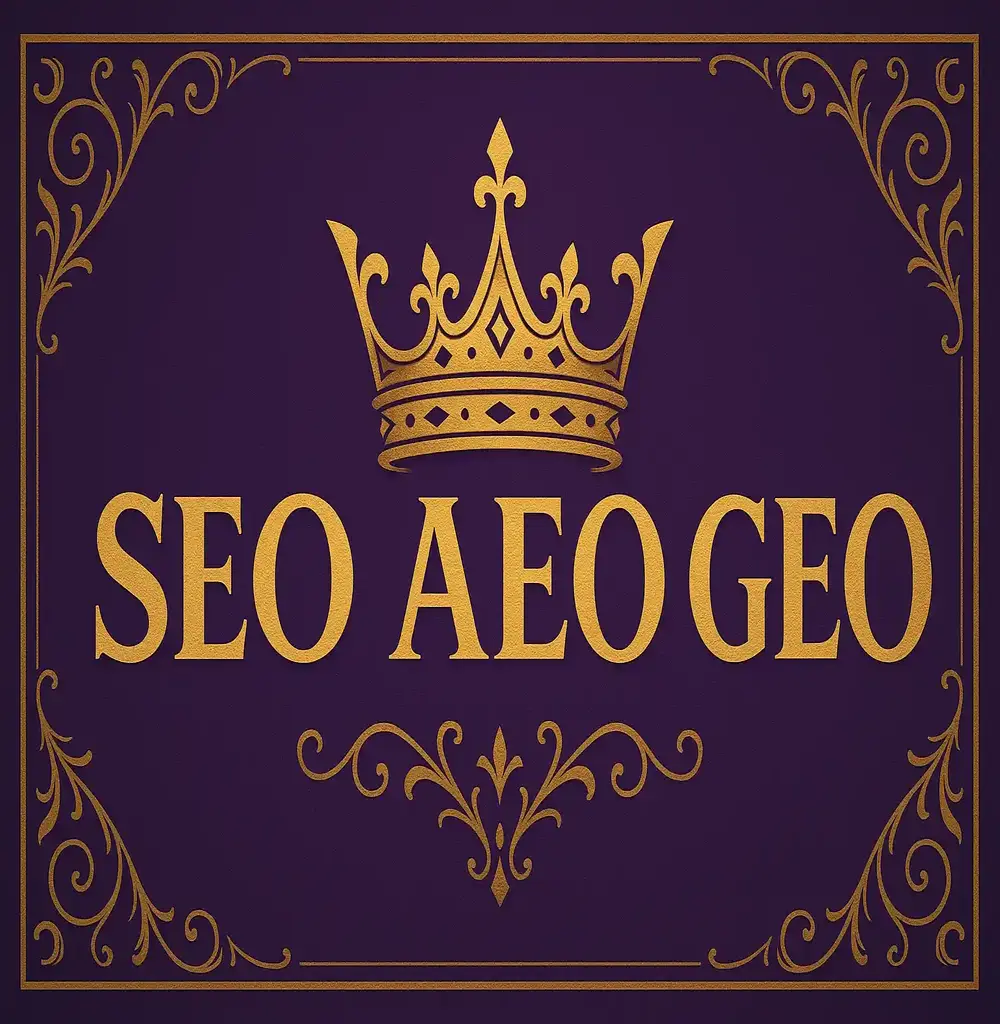Other Genres
Other Tags
- #AIEvolution
- #B2BManufacturing
- #B2BStrategy
- #BuyerJourney
- #BuyerPsychology
- #CinematicThinkinginBusiness
- #CognitiveMarketing
- #ContentthatConnects
- #CreativeChaos
- #Creativeleadership
- #CreativitybuildsConsistency
- #EmpathyinLeadership
- #EthicsinCommunication
- #FOEvsFOMO
- #Gratitude
- #InclusiveLanguage
- #LeadershipStorytelling
- #MarketingForFounders
- #MarketingStrategy
- #ModernWorkplaceDynamics
- #MomentuminCreativity
- #MultigenerationalLeadership
- #OrganisationalCulture
- #Organisationalmetaphors
- #Perfectionism
- #Personalgrowth
- #PremiumPositioning
- #Productivity&AI
- #Reflections
- #Relatablewriting
- #StoriesThatStay
- #StorytellingforTechnologists
- #StorytellinginMarketing
- #TechnologyTrends
- #ValuebasedPricing
- #WorkplaceEquity
- AI
- Branding
- Culture
- Design
- Elastic Marketing
- Employee Experience
- Employer Branding
- Founder-led Companies
- Gender Bias
- IPO
- Marketing
- Partner Marketing
- soulful stories
- Storytelling

We are having fun with AI. Subscribe here to get a glimpse
Subscribe nowOnce upon a scroll, SEO reigned supreme.
It was the wise old monarch of the digital kingdom, disciplining marketers into building backlinks, choosing keywords carefully, and playing the long game. For years, it worked. You searched. You clicked. You bought.
But then the people changed.
They stopped searching.
They started asking.
“What’s the best coffee spot near me with plug points and peace?”
“How do I write a resignation letter that doesn’t burn bridges?”
“Give me five thoughtful birthday gift ideas for my Gen Z sister.”
The era of answers had begun. And SEO, though still powerful, found itself slowly fading into the background—still needed, but no longer enough.
Two new voices rose in the kingdom.
AEO (Answer Engine Optimization) wasn’t interested in keywords alone. It focused on intent. It whispered to voice assistants and crafted content that fit into featured snippets.
AEO’s goal? Be the answer. Not the result.
And then came the youngest disruptor of all: GEO (Generative Engine Optimization).
GEO didn’t care much for where you ranked on Google. It cared about whether you were remembered by ChatGPT, Gemini, or Perplexity. It is optimised for content that AI would not just cite but summon when asked.
What’s Changed?
Search is no longer a list of links. It’s a conversation.
And in a world where machines answer first, we don’t just optimize for algorithms, we optimize for AI logic and user language.
Let’s break it down:
- SEO: Get found on Google, Bing, etc.
- AEO: Get featured in the answer like Google Assistant, Alexa, Siri, etc.
- GEO: Get recalled in generative AI conversations like ChatGPT or Google Gemini, or Copilot
Why AEO and GEO Matter Now
Because attention is disappearing.
Because answers are being generated, not just searched.
Because your next customer might never see your homepage, but might hear about you through an AI assistant.
And if you aren’t shaping the answers, someone else will.
How Do You Adapt?
- Write for humans, but structure for machines
- Use schema, FAQs, and conversational headlines
- Think about how people ask, not just what they type
- Create content that’s quotable, contextual, and conversational
- Treat AI like your next big search engine—and your content like memory fuel
If SEO is the map, AEO is the compass. And GEO? It’s the whisper in the guide’s ear.
It’s not about replacing SEO. It’s about upgrading your journey.
Because the future doesn’t just search.
The future asks. And it remembers who answered best.
So… maybe it’s time to toss the coin.
Heads? You keep doing things the old way.
Tails? You leap into a new kind of discoverability.







